Experts Warn Against Advancing Paddy Transplantation Date in Punjab, Cite Groundwater and Pollution Risks
Agricultural experts have raised serious concerns over the Punjab government’s recent decision to advance the paddy transplantation date to June 1, warning that the move could accelerate groundwater depletion and worsen environmental issues in the state.
Chief Minister Bhagwant Mann’s announcement has triggered alarm among farm scientists and economists, who fear the decision could prompt farmers to return to cultivating long-duration paddy varieties. This, they say, may lead to increased stubble burning and contribute significantly to air pollution during the post-harvest months of October and November.
Renowned economist and former Vice-Chancellor of Punjab Agricultural University (PAU), Dr. S.S. Johl, sharply criticized the decision, calling it “totally unwise” and environmentally detrimental. “Do they wish to finish all the groundwater? This move will only accelerate Punjab’s desertification,” he said.
Dr. Johl argued that transplantation should not begin before June 15, and ideally should be pushed to the last week of June. He cited scientific studies indicating improved crop yields and water efficiency with later sowing. “We must follow the science and the recommendations of PAU, rather than succumbing to populist political decisions,” he added.
He also attributed Punjab’s deepening water crisis to decades of free water and electricity for agriculture under previous governments, policies he said led to unchecked groundwater exploitation. “The late Parkash Singh Badal and former CM Amarinder Singh are also responsible for today’s critical groundwater levels due to these populist policies,” Dr. Johl stated.
Echoing these concerns, former PAU Vice-Chancellor Dr. B.S. Dhillon warned of an impending groundwater collapse. “At the current rate of extraction, Punjab could exhaust water at 100 meters depth within 10 years, and deplete resources down to 300 meters within 20 to 25 years,” he cautioned. “We are close to exhausting our third aquifer—after that, there’s nothing left.”
Dr. Dhillon stressed the importance of promoting short-duration paddy varieties and discouraging early transplantation. Both experts advocated for sustainable alternatives, such as direct seeding of rice and bed planting techniques, which help conserve water and reduce the environmental footprint of rice cultivation.
The experts urged the government to reconsider its decision and align agricultural policy with scientific recommendations to preserve Punjab’s environmental and agricultural future.

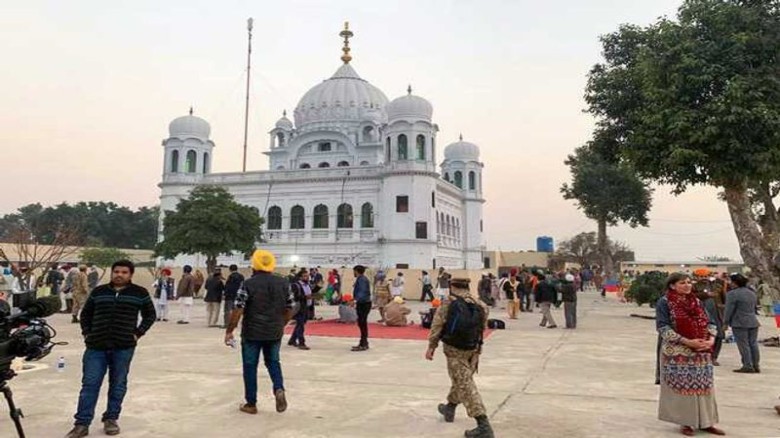
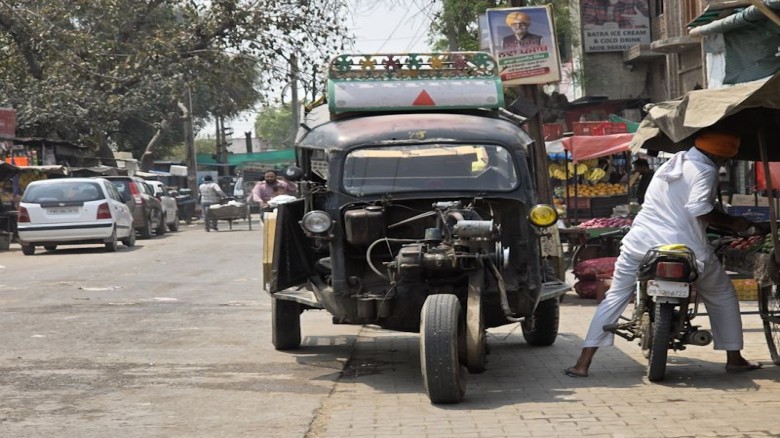
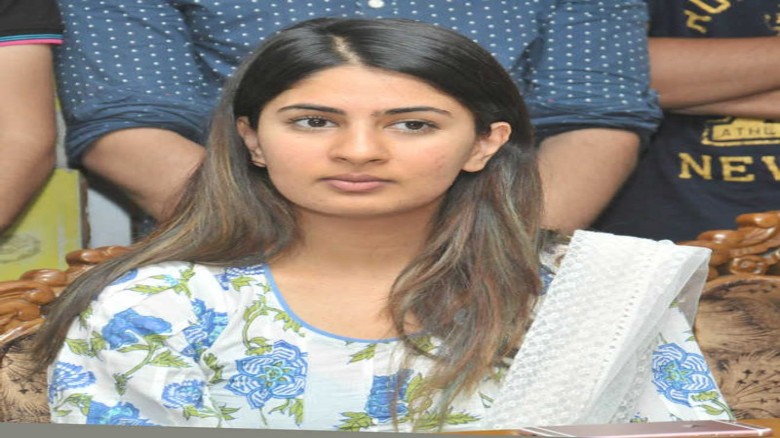
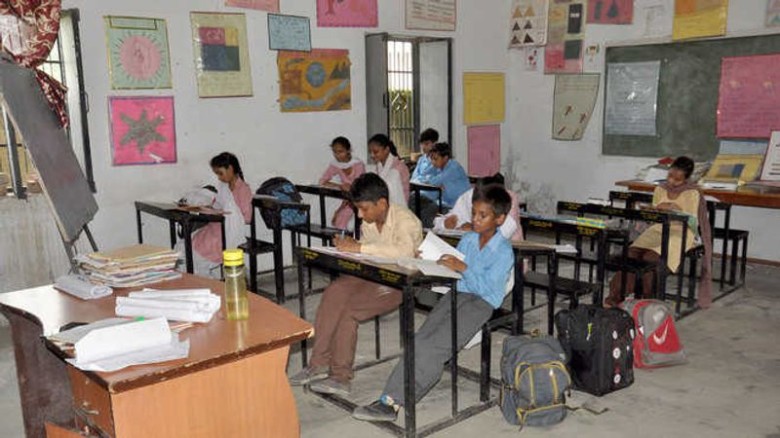



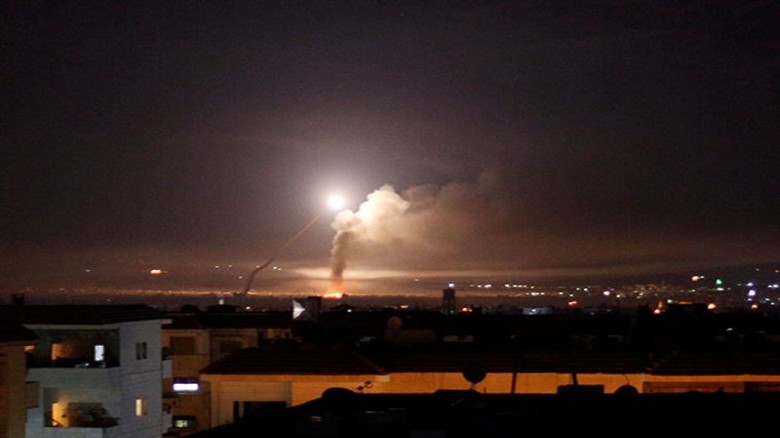









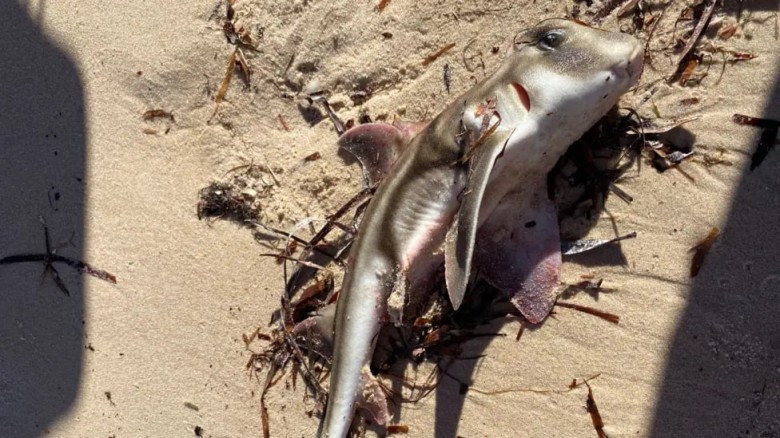







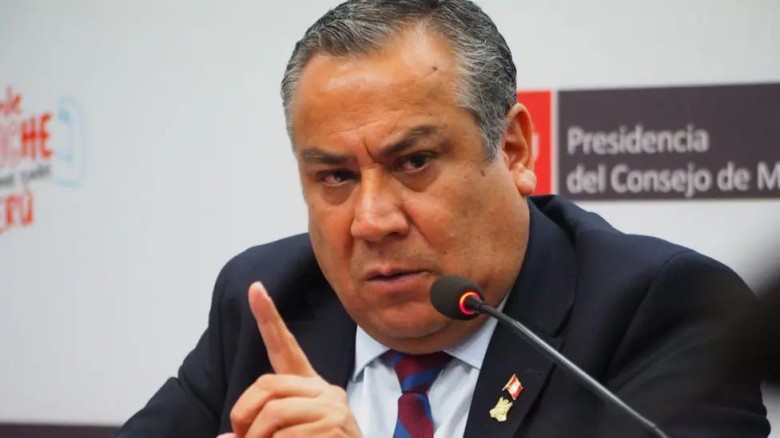














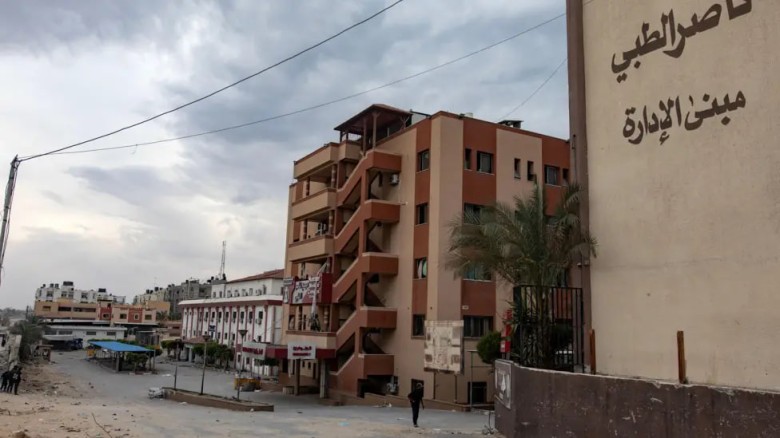








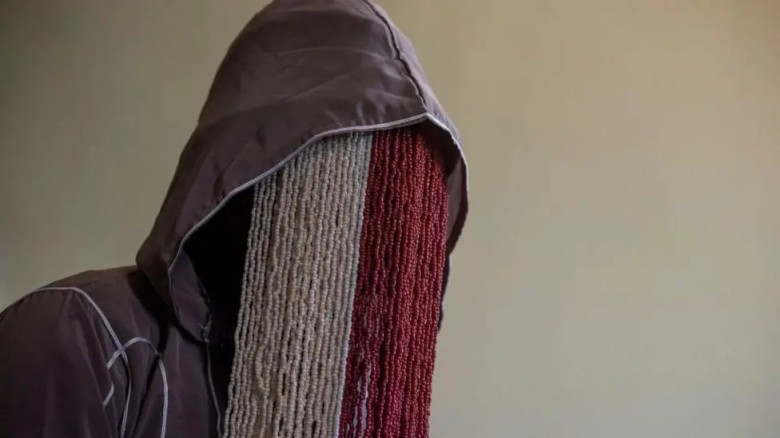



















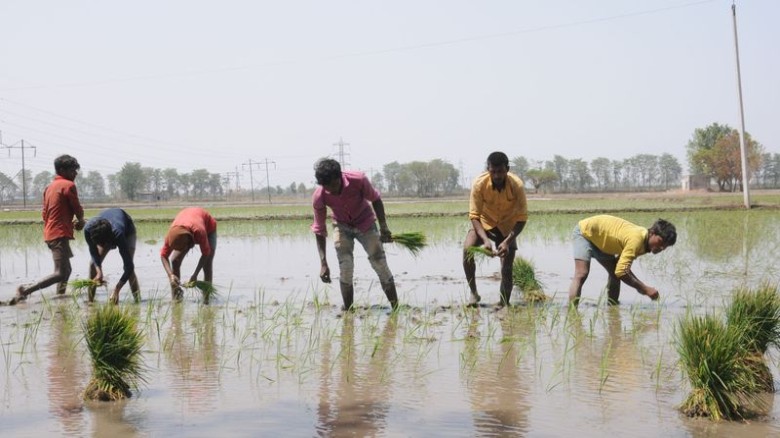


Leave A Comment